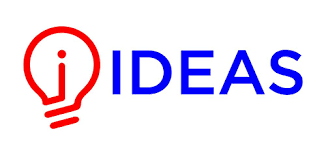Article | Open Access | Published: 4 June 2012
Management Competencies for Enhancing Employee Engagement at Work: A Case Study of the Rajby Industries Karachi
| Views: | 167 | | | Downloads: | 100 |
Abstract:
The major aim of this study was to evaluate the impact of competency management on employee engagement and to identify leadership or management behaviors that are key drivers of employee engagement. A competency approach was adopted in this study to define the constellation of skills and behaviors required by an individual manager to facilitate employee engagement in their staff. In Pakistan, there are serious management problems across the organizations. Line managers or senior managers do not have proper training, skills, and experience to effectively manage employees at work. Therefore the prime purpose of this study was to explore and identify core competencies of managers to enhance employee engagement in the workplace. The study involved the use of questionnaires filled by 100 respondents (with ages ranging from 21 to 60) of Rajby industries. Respondents comprised non-managerial staff only. A random sampling technique was used to carry out this research. To analyze the data, Regression and ANOVA tests were applied. The analysis of results suggested that there was significant impact of competent management on employee engagement. It shows that in order to enhance employee engagement, it is important for managers to display competent behaviors such as giving feedback on the proper time, praise and recognition etc. The outcomes of the research might help organizations to design and develop a competency framework that provides clear guidelines to managers and supervisors to foster employee engagement.
Keywords:
Competency Management, Employee Engagement, Competency Framework
Publisher:
ILMA UNIVERSITY
Published:
4 June 2012
Issue:
Issue 1 : Volume 8
E-ISSN:
2409-6520
P-ISSN:
2414-8393
This is an open access article distributed under the terms of the Creative Commons Attribution CC BY 4.0 license, which permits any use, distribution, and reproduction of the work without further permission provided the original author(s) and source are credited.














